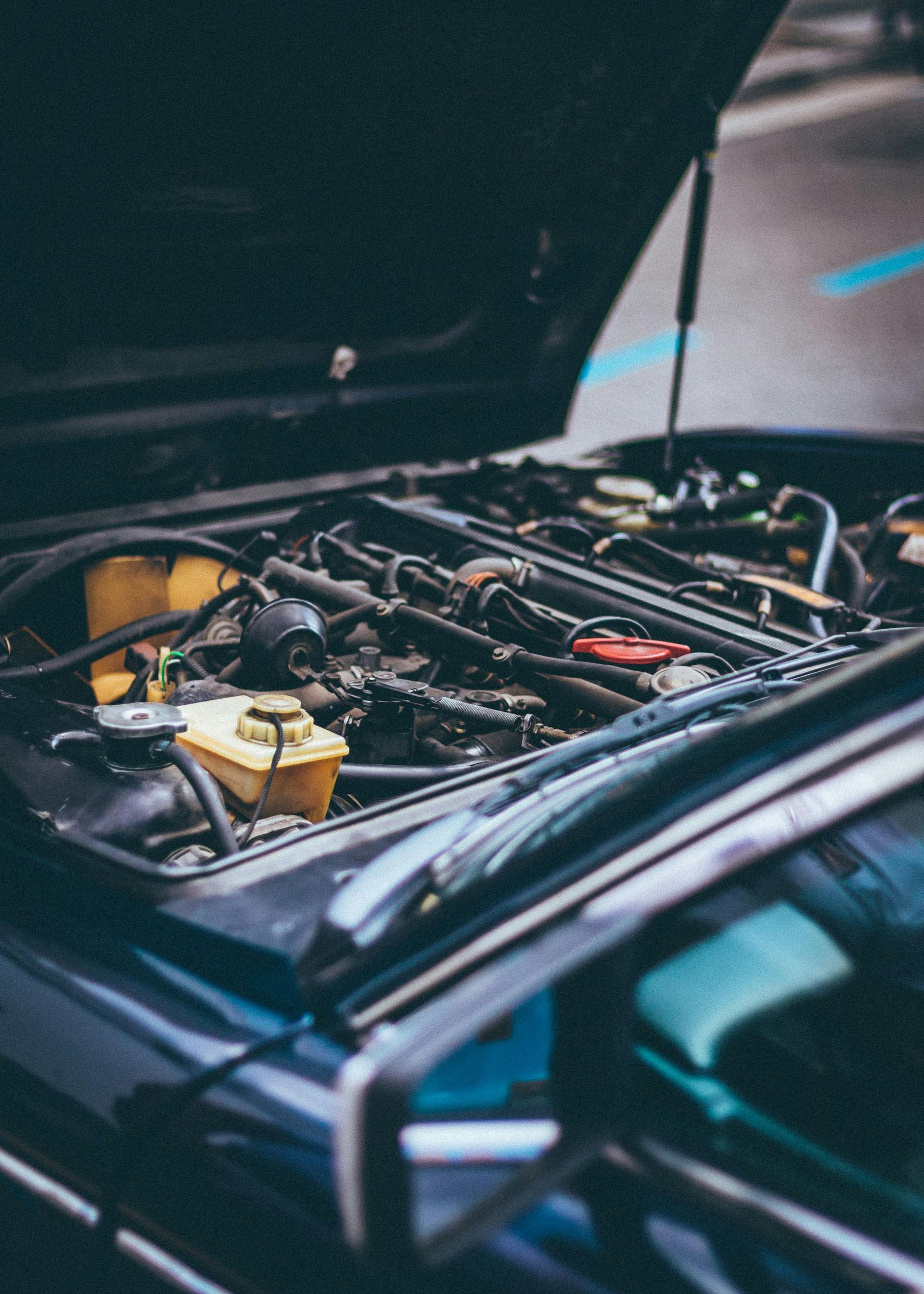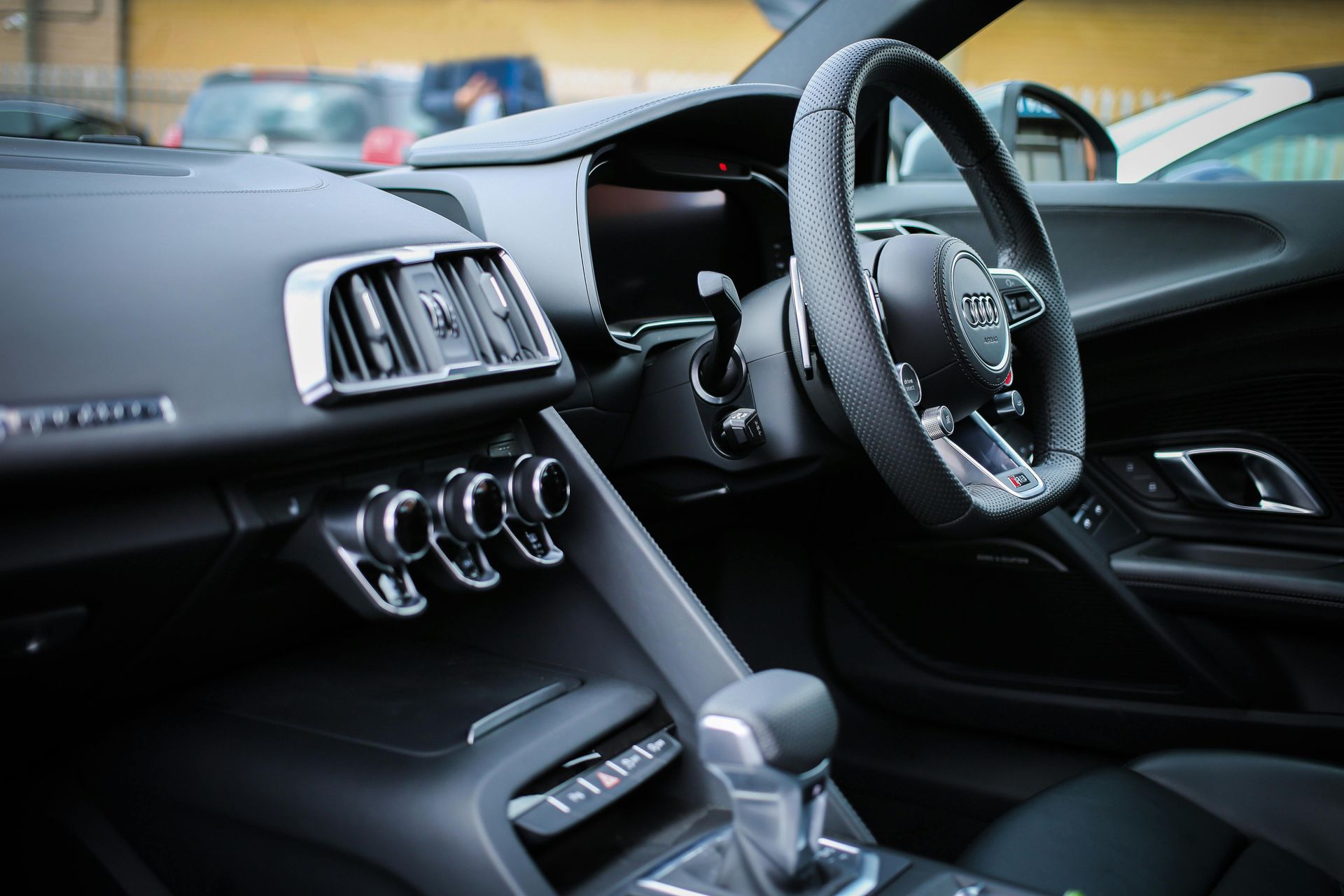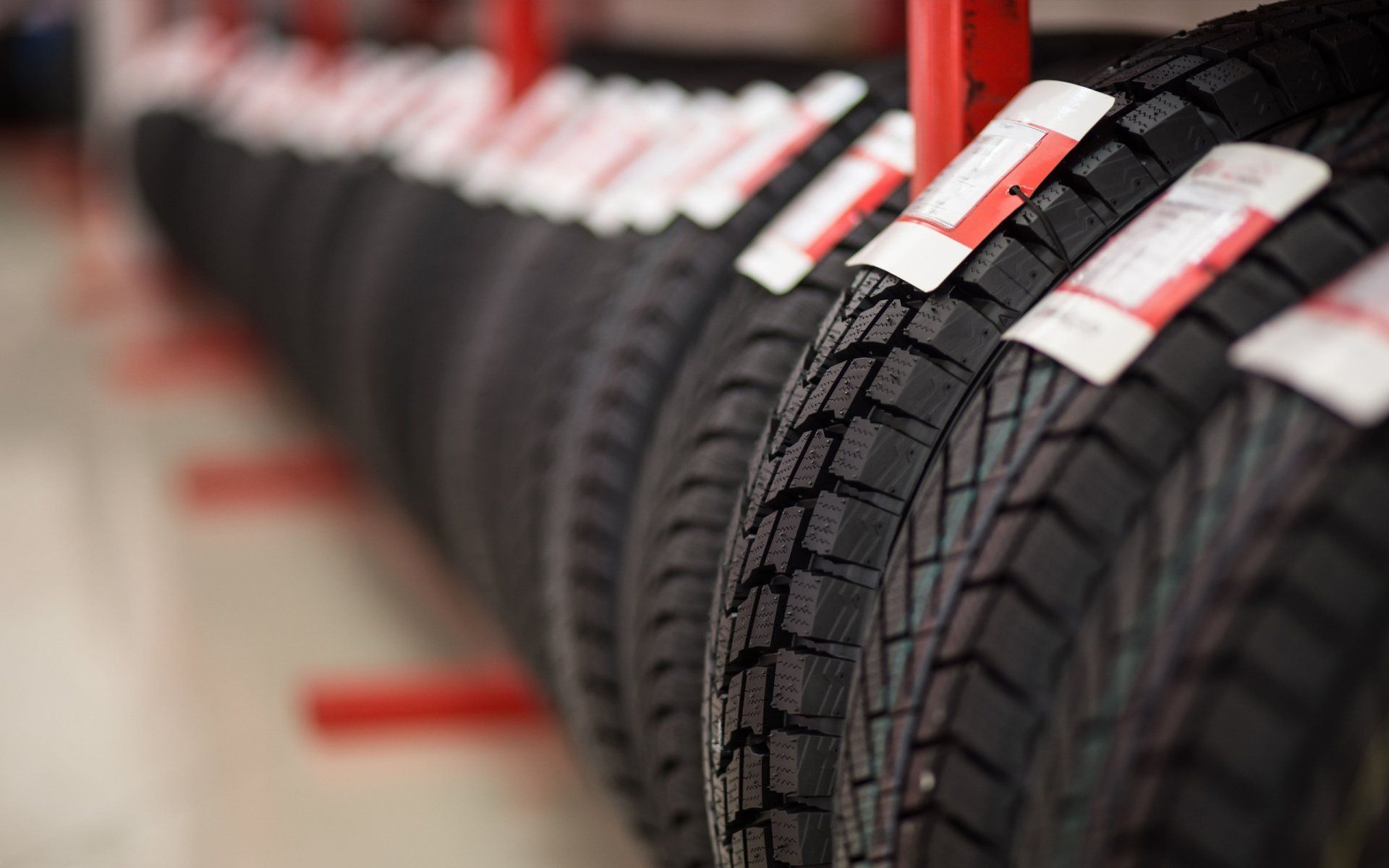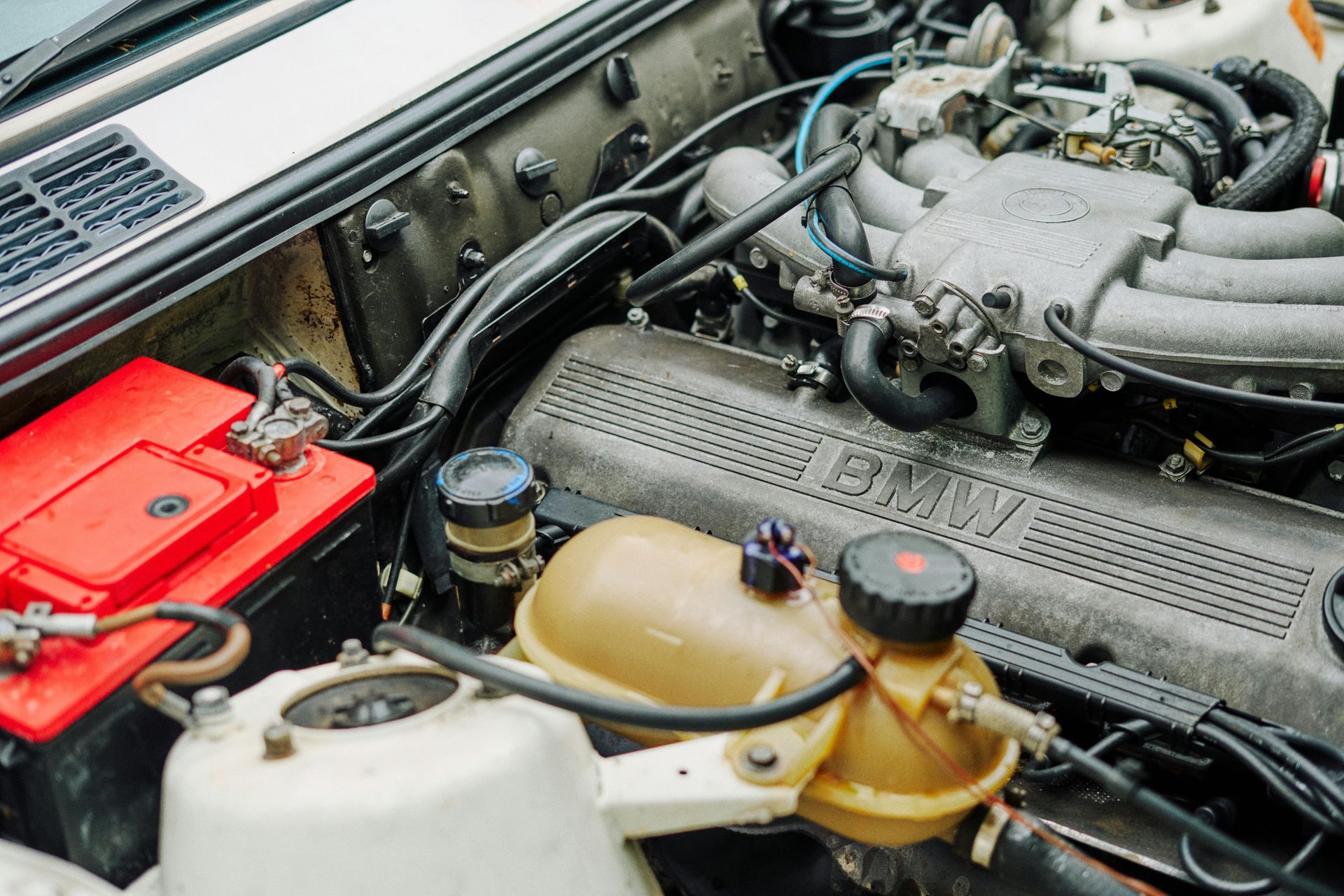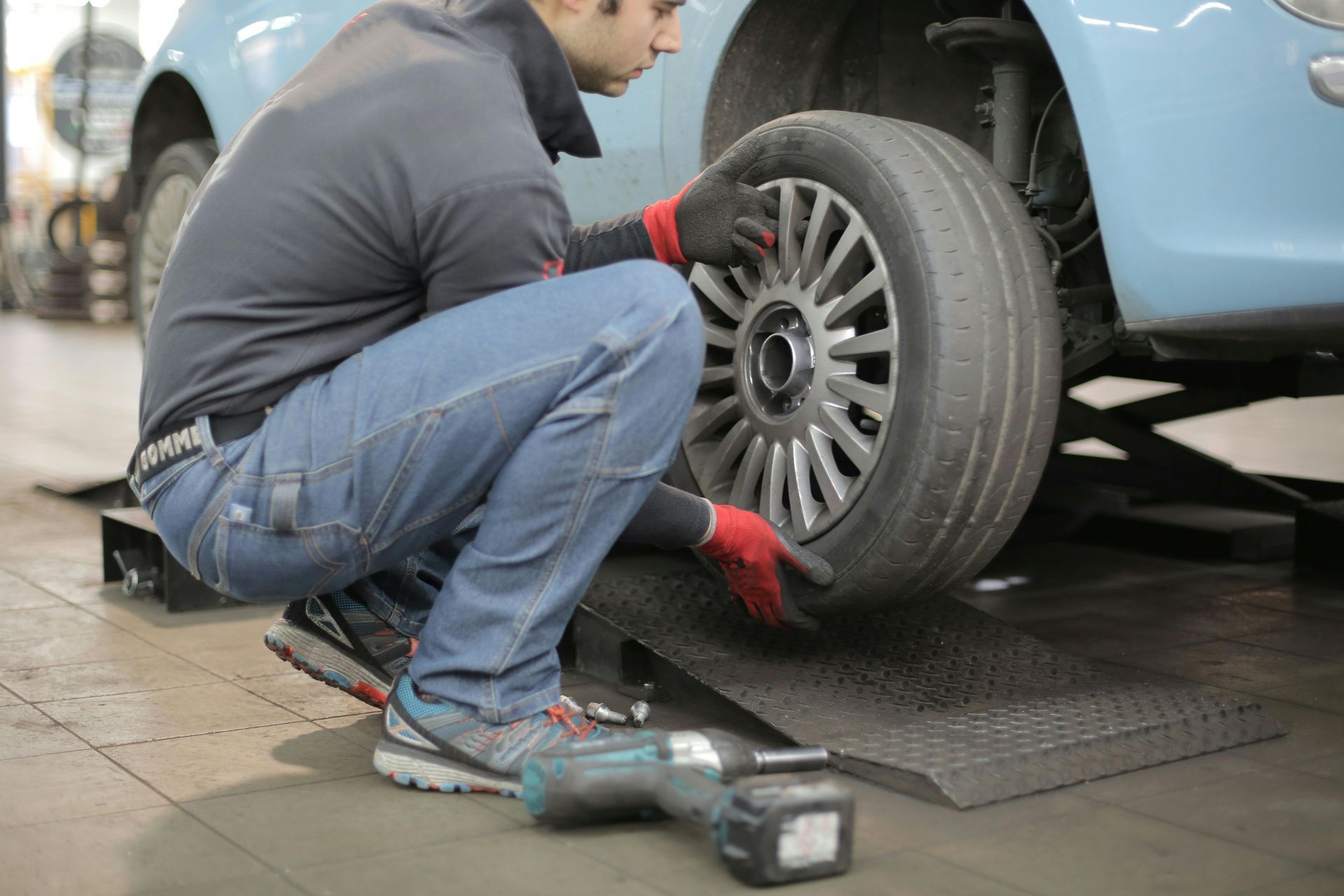Why Your Car Might Be Making That Strange Noise
Is your car making a sound that wasn't there before? Strange noises can be unsettling, especially when you're driving through Auburn's winding mountain roads or commuting to Sacramento. While some sounds are harmless, others signal serious problems that need immediate attention. Understanding what different car noises mean can help you stay safe and avoid expensive repairs.
Common Car Noises and What They Mean
Squealing or Screeching Sounds
When it happens: Usually when braking or starting the engine What it could be:
- Worn brake pads crying for replacement
- Loose or worn serpentine belt
- Bad brake rotors that need resurfacing
If you hear squealing when braking on Auburn's steep hills, don't ignore it. Mountain driving puts extra stress on brake systems, and worn brakes can be dangerous on downhill grades to Cool or Georgetown.
Grinding Noises
When it happens: Often during braking or turning What it could be:
- Brake pads completely worn down to metal
- Worn wheel bearings
- Transmission problems
- CV joints wearing out
Grinding is rarely a good sign. If you hear metal-on-metal grinding, especially during braking, stop driving immediately. This is particularly critical in Auburn's mountainous terrain where reliable brakes are essential for safety.
Clicking or Ticking Sounds
When it happens: Usually when turning or accelerating What it could be:
- Worn CV joints (common in front-wheel-drive cars)
- Low engine oil causing valve train noise
- Worn suspension components
- Tire problems like embedded debris
CV joint clicking is especially common on cars frequently driven on Auburn's curvy roads or those used for trips to Lake Tahoe ski resorts.
Knocking or Pinging Noises
When it happens: During acceleration, especially uphill What it could be:
- Engine knock from low-quality fuel or carbon buildup
- Worn engine bearings
- Problems with engine timing
- Overheating issues
Auburn's elevation changes mean your engine works harder climbing to places like Foresthill or Grass Valley. Engine knock during these climbs shouldn't be ignored, as it can cause serious engine damage.
Whining or Humming Sounds
When it happens: While driving, often speed-related What it could be:
- Worn wheel bearings
- Transmission issues
- Differential problems
- Tire wear or alignment issues
A whining noise that changes with speed often indicates worn bearings, which can be dangerous if they fail while navigating Auburn's mountain roads.
Rattling Noises
When it happens: Various times - idle, acceleration, or going over bumps What it could be:
- Loose exhaust system components
- Worn suspension parts
- Engine mount problems
- Loose heat shields
- Low engine oil
Auburn's rough winter weather and road conditions can cause exhaust components to corrode and become loose, creating rattling sounds.
When Noises Become Dangerous
Immediate Attention Required
- Grinding when braking
- Loud knocking from the engine
- Squealing accompanied by steering problems
- Any noise that suddenly gets much louder
Schedule Service Soon
- Persistent clicking when turning
- Whining that changes with speed
- Rattling that's getting worse
- Squealing belts
Monitor Closely
- Minor rattling over bumps
- Slight whining at specific speeds
- Occasional ticking at startup
Auburn's Unique Challenges for Your Car
Mountain Driving Stress
Regular trips between Auburn and higher elevations like Truckee or South Lake Tahoe put extra strain on your vehicle. The elevation changes stress engines, transmissions, and braking systems, potentially accelerating wear and creating new noises.
Temperature Extremes
Auburn's climate ranges from over 100°F in summer to below freezing in winter. These temperature swings cause metals to expand and contract, potentially loosening components and creating new rattles or squeaks.
Seasonal Road Conditions
Winter road treatments and spring runoff can accelerate corrosion of exhaust systems and suspension components. Summer heat can cause belts and hoses to deteriorate faster, leading to squealing or rattling noises.
Dusty Conditions
Auburn's dry summers and occasional wildfire smoke can increase dust and particulate matter, affecting air filters and potentially causing engine noises if debris gets into moving parts.
DIY Noise Diagnosis Tips
Listen Carefully
- Note when the noise occurs (braking, turning, accelerating)
- Pay attention to whether it's speed-related
- Notice if weather affects the sound
Feel for Vibrations
- Steering wheel vibrations often indicate brake or wheel problems
- Seat vibrations might suggest exhaust or suspension issues
- Pedal vibrations can signal brake problems
Visual Inspection
- Look for obvious problems like loose exhaust components
- Check for fluid leaks that might indicate the noise source
- Inspect tires for unusual wear patterns
Test Different Conditions
- Try the noise at different speeds
- See if turning left or right changes the sound
- Note if the noise happens when the car is parked but running
What Not to Ignore
Some car owners try to live with strange noises, especially if the car still runs. However, certain sounds indicate problems that will only get worse and more expensive to fix. In Auburn's challenging driving environment, small problems can quickly become big ones.
Safety-Critical Issues Any noise related to brakes, steering, or suspension should be checked immediately. Mountain driving doesn't forgive brake failure or steering problems.
Engine Protection Knocking, excessive ticking, or grinding from the engine can cause thousands of dollars in damage if ignored. Auburn's hot summers and mountain driving can accelerate engine wear.
Avoiding Breakdowns Strange transmission noises or bearing sounds can leave you stranded. Being stuck on Highway 49 or in the mountains around Auburn isn't just inconvenient – it can be dangerous.
Prevention is Key
Regular Maintenance Following your car's maintenance schedule helps prevent many noise-causing problems. Auburn's driving conditions may require more frequent service than the standard recommendations.
Quality Parts and Fluids Using quality oil, coolant, and brake fluid helps components last longer and run quieter, especially important in Auburn's demanding climate.
Professional Inspections Having a qualified technician inspect your car regularly can catch problems before they become noisy – and expensive.
The Bottom Line
Strange car noises are your vehicle's way of communicating problems. While some sounds are minor annoyances, others indicate serious safety or reliability issues. In Auburn's challenging driving environment, addressing these problems quickly isn't just about comfort – it's about safety and avoiding costly breakdowns.
Don't play guessing games with unusual car noises. What sounds like a minor annoyance today could become a major repair bill tomorrow, especially with the demanding driving conditions around Auburn.
Expert Automotive Diagnostics in Auburn
Strange car noises keeping you up at night? The ASE-certified technicians at Autovantage Service Center have the experience and diagnostic equipment to identify exactly what's causing those mysterious sounds. We understand how Auburn's unique driving conditions – from mountain grades to temperature extremes – affect your vehicle and can pinpoint problems before they become expensive repairs.
Whether you're hearing grinding, squealing, clicking, or rattling, our team can diagnose the issue and provide honest recommendations for repairs. We service all makes and models and use quality parts to ensure your repairs last, even in Auburn's challenging environment.
Don't let strange noises turn into dangerous situations or costly breakdowns. Contact Autovantage Service Center at (530) 450-2423 or visit us at 555 Wall St in Auburn to schedule your diagnostic service today. Let our experienced team restore your peace of mind and keep you safe on Auburn's roads.




